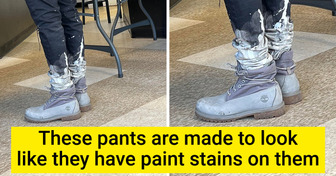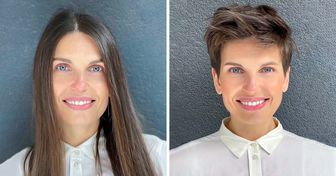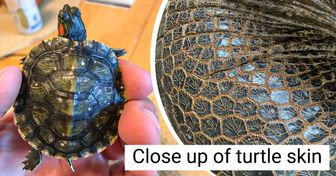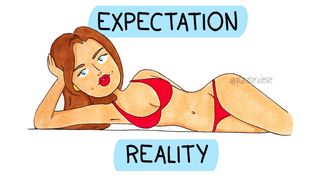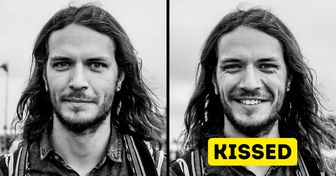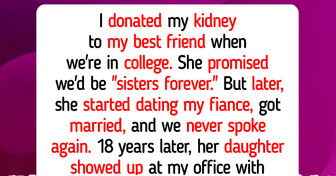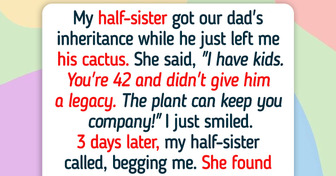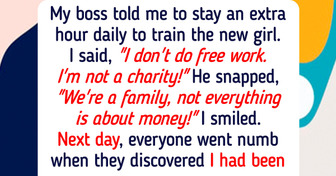15+ Men Who Have Pretty Good Reasons to Be Proud of Their Partners
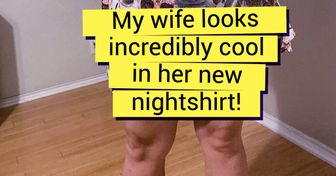
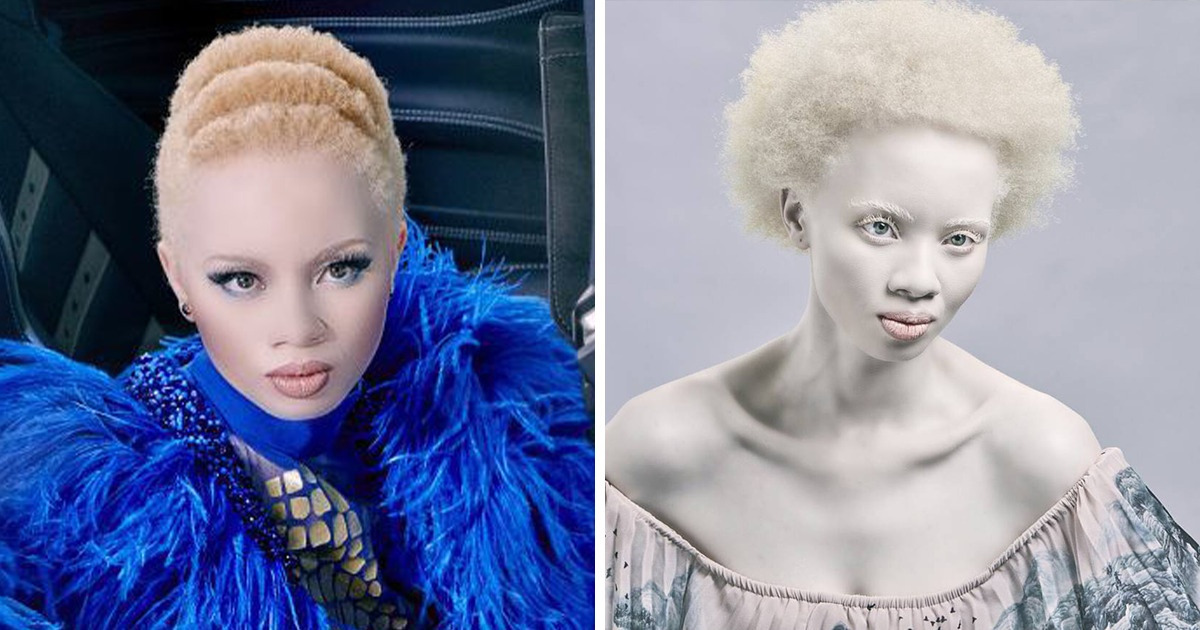
Today’s beauty world is dictating strict and twisted standards in a way that leaves many people feel out of place. This is why there has been an extreme need to dispel these superficial labels and let people be themselves, feeling comfortable in their own natural bodies. Thando Hopa is one of these beautiful and brave people who have stepped forward to shake the oppressive beauty standards and help the world see beauty in inclusive traits.
Here at Bright Side, we believe that beauty is in the eye of the beholder and that all people around us are unique. We’d love for you to find proof of this in the story of Thando Hopa, a model who has been breaking traditions in a very positive and inspiring way.
Thando is a South African woman who has albinism. She could be described only by these words if she didn’t have the blood running in her veins, full of vivid activism. It’s so vivid, in fact, that being a lawyer was not enough for this woman. She is also a successful model and an activist who wants to fight every single prejudice in this world.
As a child, Thando dreamt of being an actress, but her father had a different goal for her and wanted her to be an accountant. Finally, they found a kind of compromise and Thando Hopa settled on studying law.
Her occupation as a lawyer finally brought her to the point where she realized that justice is something that she wants to center her life around, and her degree really modeled her personality.
Thando grew up surrounded by kids of Indian origin and Black people. Up to a certain age, she didn’t quite notice that she was special, and her parents never talked to her about that. She had white skin, but among kids, it was not a thing to pay attention to. But things started to change for Thando when she was in high school.
In her interview, she recalls, “I remember coming home from school one day and telling my father, crying, I did not want to be like this anymore. Because when you are a teenager, and your femininity starts to appear, your ideas of attraction and beauty also come along. You begin to internalize the images you see in the media, your culture, who is considered beautiful.”
Her father just told her that she was the most beautiful girl in the world, and this was an important moment in the girl’s life.
Thando Hopa was the only South African on the BBC’s list of the 100 most influential women. She made history by becoming the first person with albinism to appear on the cover of Vogue. But her career is not only about fashion — she has a voice that speaks against the fashion industry’s values. She advocates for diversity and inclusion in modeling, and people listen to her.
She writes in one of her essays about albinism and her life with it: “White skin will always be considered a defect or abnormality when it is found on ‘non-white’ bodies. I am a Black African woman with albinism, and there’s nothing ’deficient’ about me.”
She has learned a lot from her condition and confesses, “Albinism has taught me the diverse politics of color and how a person can be hypervisible yet have their humanness largely unseen. When I move from magazine covers to policy discussions and global leadership platforms, I try to remember the essence of what my mother gave me on the day of my birth: she granted me independence, sovereignty, and agency over my experience, the authority to see the world for myself.”
Thando doesn’t like the word “special” in describing people. She says, “I do not like this word. Because I do not think it is positive. To be separated from your humanity is a problem, whether people call you an animal or a sort of angel, whatever, anything that takes your humanity away.”
She sends a powerful message to society with her emotional words, “It’s sad that some people never find themselves beautiful. We need to ask ourselves: What kind of cultural environment have we created where women feel like they have to change themselves to suit a look that says they are worthy of celebration?”
She continued, “It’s really what we teach. When we’re on media platforms, we have to understand what we’re contributing to this culture. Are we unlearning something toxic, or are we accomplices? Do we say, ‘You’re not beautiful if you don’t you don’t have a conventional beauty look?’ We are worthy of being adored, we are worthy of being desired.”
What is the trait that you love the most about yourself? Who is the person that inspires you for self-love and gives you a lot of compliments?

